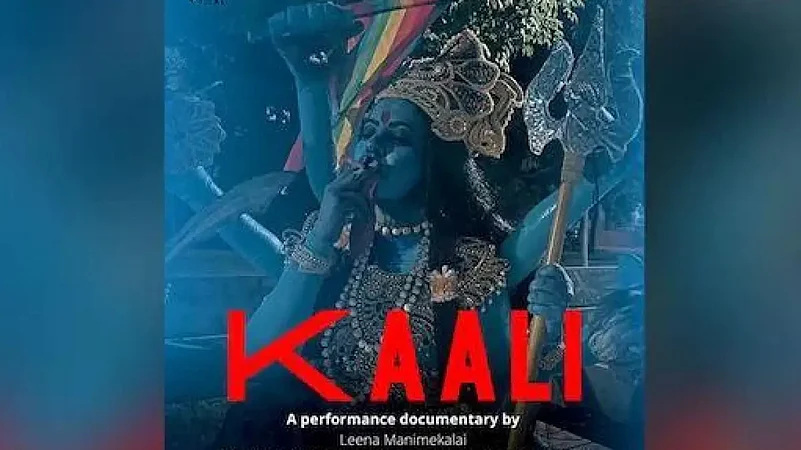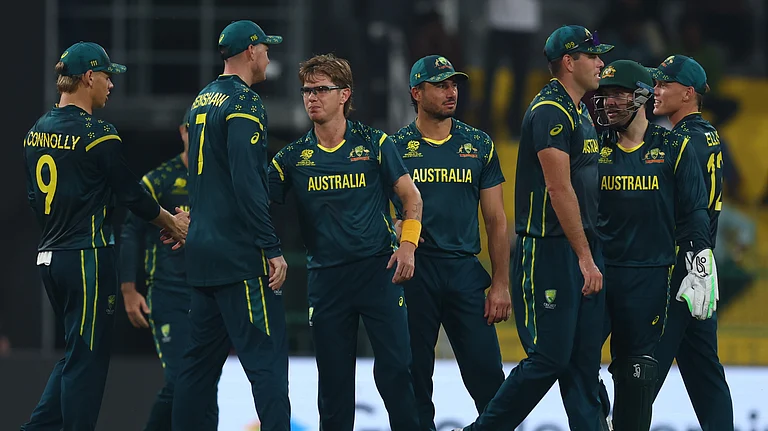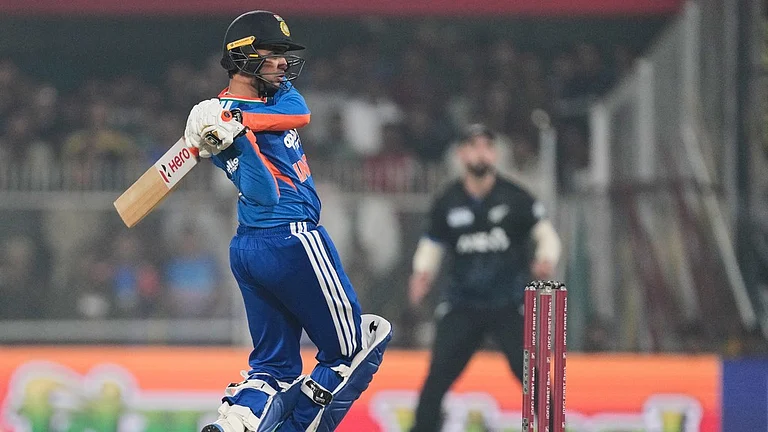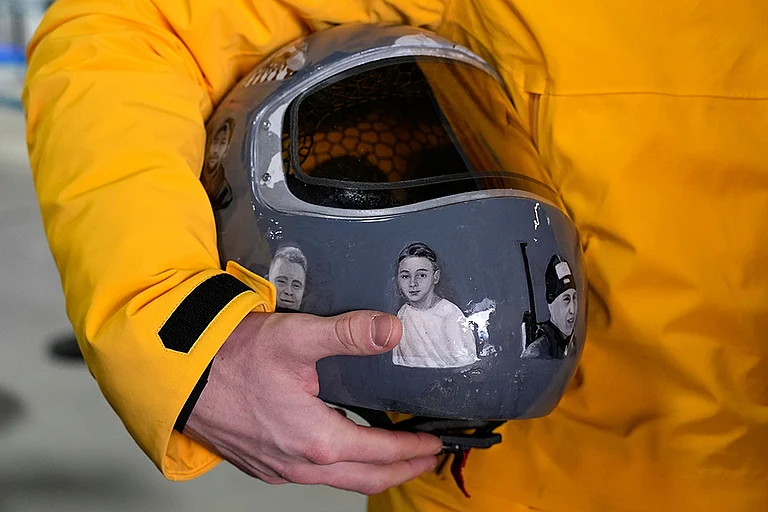Filmmaker Leena Manimekalai has been under a lot of fire for the past few days ever since she shared the poster of her documentary ‘Kaali’ online. The poster featuring Goddess Kali smoking and holding an LGBTQ flag went viral all over social media within minutes of it being shared. Since then, the documentary ‘Kaali’ has been at the center of a huge uproar in the nation.
Manimekalai's documentary was on display at the Aga Khan Museum in Toronto as part of the 'Under The Tent' initiative. Following the outrage over the movie's poster, the Indian High Commission in Ottawa went on to request the Canadian government to delete or remove any material related to the movie that could be considered provocative. Reportedly, they received a lot of complaints from leaders of the Hindu communities in Canada. These communities reportedly claimed that the movie’s poster was a disrespectful representation of Hindu gods.
In India, numerous FIRs have been filed in different Indian states. Even Twitter went on to delete the post now.
However, this isn’t the first film to have faced such outrage among people. There have been many films in India that have courted controversy. Several times, the film was either subjected to censor board scrutiny or was rejected due to its provocative material. It also fell victim to fringe organisations protesting against its release for the inaccuracy of facts or allegedly twisting the plot line. Despite this, some films are released, others are postponed, and even fewer ones are never released.
Let’s have a look at some of the controversies in this millennium that became a big talking point of that year.
‘Paanch’ (2003)
Anurag Kashyap's film, largely based on the 1976-77 Joshi-Abhyankar serial killings, sparked outrage since it was never shown in theatres. After the Censor Board made significant modifications to the film, it was approved but could not be watched until a preview copy was leaked online.
‘Fanaa’ (2006)
Being the perfectionist that he is, Aamir Khan is also recognised for his great social efforts. All of his efforts, however, appeared to be in vain before his film Fanaa was released. At the time, he was supporting the Narmada Bachao Andolan, which was not warmly accepted by the governing parties. As a result, Fanaa never saw the light of day in Gujarat. As a result of what transpired, Aamir Khan is alleged to have returned a portion of his compensation to Yash Chopra.
‘Black Friday’ (2007)
This film is based on the 1993 Mumbai bombings. The judgment, in that case, was still pending, and it was claimed that the film might influence the decision, which is why it was prohibited for two years.
‘Parzania’(2007)
Parzania is based on the actual tale of Azhar Mody, a 10-year-old kid who went missing following the 2002 Gulbarg Society tragedy, in which 69 people were slain. This is one of the numerous episodes that contributed to the Gujarat riots, which were among the deadliest acts of communal violence the country has ever seen. Cinema owners in Gujarat were allegedly threatened not to show Parzania, resulting in an unofficial ban in the state.
‘The Dirty Picture’ (2012)
Vidya Balan's film The Dirty Picture is one of her most divisive works. It was based on Silk Smitha's life. The posters were daring and explicit, and they did not sit well with the actress's family. Silk Smitha's brothers submitted a legal notification to the film's producers in some cases because the stuff being presented irritated them.
‘Goliyon Ki Raasleela Ram Leela’ (2013)
Many people in India were angry when Sanjay Leela Bhansali chose the title of the film. For these people, the film’s posters and trailers allegedly depicted respected deities in an unflattering light. People filed FIRs against the producers, and Bhansali was finally forced to change the title of his film to Goliyon Ki Rasleela Ram-Leela.
‘Haider’ (2014)
Based on William Shakespeare's ‘Hamlet’, this Shahid Kapoor-starrer received some unfavourable press, with fans criticising the representation of the Indian Army and Kashmiris in the film. Some members of the audience also called for a boycott of the film.
‘Lipstick Under My Burkha’ (2017)
The CBFC was opposed to the slightly bold content shown in this female-oriented picture. Sections of the audience decided even before watching the film that it was provocative in nature. The film, in reality, shed some light on the topic of female desires for life, which did not sit well with the relevant authorities. The film had to battle it out for a favourable release date. However, it won numerous awards at international and domestic film festivals.
‘Padmaavat’ (2018)
Several fringe organisations say the filmmakers manipulated the facts in order to damage Rajput feelings. A group of individuals even vandalised the film set in Jaipur, and they asked to see the film before it was released. However, post the release the movie went on to become one of the biggest hits in the country that year.
‘The Kashmir Files’ (2022)
The movie's reception had been mixed. While some in the audience commended the film for depicting the true situation of Kashmiri Pundits, others fear it is prejudiced and may disrupt communal unity. Many people had even called for the screening of 'The Kashmir Files' to be prohibited. However, it went on to become one of the year's biggest hits.



























